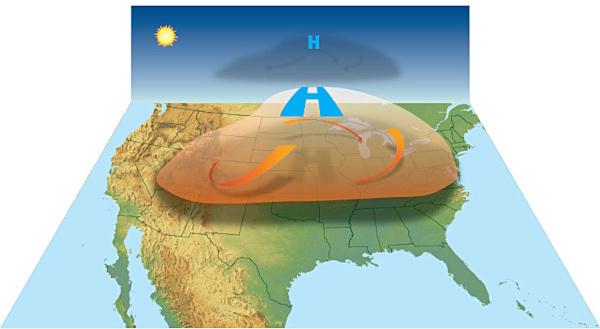To the vaccines therapies for treatment of cancer and tumors may be becoming a reality. The information was provided by the couple of scientists who founded BioNTech, a German biotechnology company that created the Covid-19, along with Pfizer.
According to the researchers, the new tools for fighting cancer may be available for use in up to eight years. According to immunologist Ozlem Tureci and professor of oncology Ugur Sahin, in an interview with the BBC last Sunday, this could happen definitively before 2030.
Among the series of applications being tested by BioNTech, injections for the following tumors are in a more advanced stage (phase 2 of the 3 clinical stages):
- Colorectal cancer
- Melanoma (skin cancer) advanced
- Head and neck cancer
In addition to these, vaccines for the Ovary cancer, in prostate and solid tumors.
How will the vaccine work in treating cancer?
The goal is for them to be able to use the vaccine individually, directly after surgery, in a personalized dose, inducing an immune response so that the T cells, which are the defense cells in the patient's body, and thus have the ability to track down the remaining tumor cells and work to eliminate them.
The couple of researchers are betting mainly on messenger RNA (mRNA) technology. This platform, already used in a wide range of possible vaccines to prevent infectious diseases and treat tumors in trials by BioNTech, has been proven to be an effective and safe method with the Covid-19.
Tureci explained that the mRNA acts as an instruction manual allowing you to tell the body to make the drug or vaccine. When mRNA is used as a vaccine, it is like a manual for the enemy's 'wanted poster'.
Do not stop now... There's more after the publicity ;)
In this case, it is the cancer antigens that distinguish cancer cells from normal cells. Thus, the body's protection system recognizes these antigens and begins to produce defenses to attack them.
Being proven to be effective in fighting tumors, messenger RNA vaccines will be another form of cancer treatment, less invasive than current practices, which are the main alternatives, consisting of radiotherapies, chemotherapies and immunotherapies.
The same technology, which is innovative, raises expectations since, in addition to applications being developed to treat cancerous tumors, it would also help with vaccines that protect against the HIV, The zika and other diseases that have messenger RNA vaccines currently in the testing phase.
At BioNTech there are already vaccines under study for diseases such as tuberculosis, malaria, HIV and herpes zoster, both in pre-clinical stages. There is also a formulation for the Influenza virus, the flu, the final stage of human studies.
Modena is another company that has extensive clinical trials and was also leveraged by the development of a vaccine for covid-19, this being the first pharmaceutical product that was approved.
Dedicated to mRNA vaccines, the laboratory conducts tests with vaccines for the zika virus, for joint protection from the flu with Covid-19 and for respiratory syncytial virus (RSV), a microorganism that causes a high number of hospitalizations and deaths in young children but still cannot be prevented with immunizations.
Read too:
Pink October: learn about the story of Cláudia, who had breast cancer at the age of 24
Pediatrician and sanitarian Daniel Becker talks about the risks of low vaccination coverage in Brazil
Vaccines every child should get
Five myths about vaccines
By Erica Caetano
Journalist



